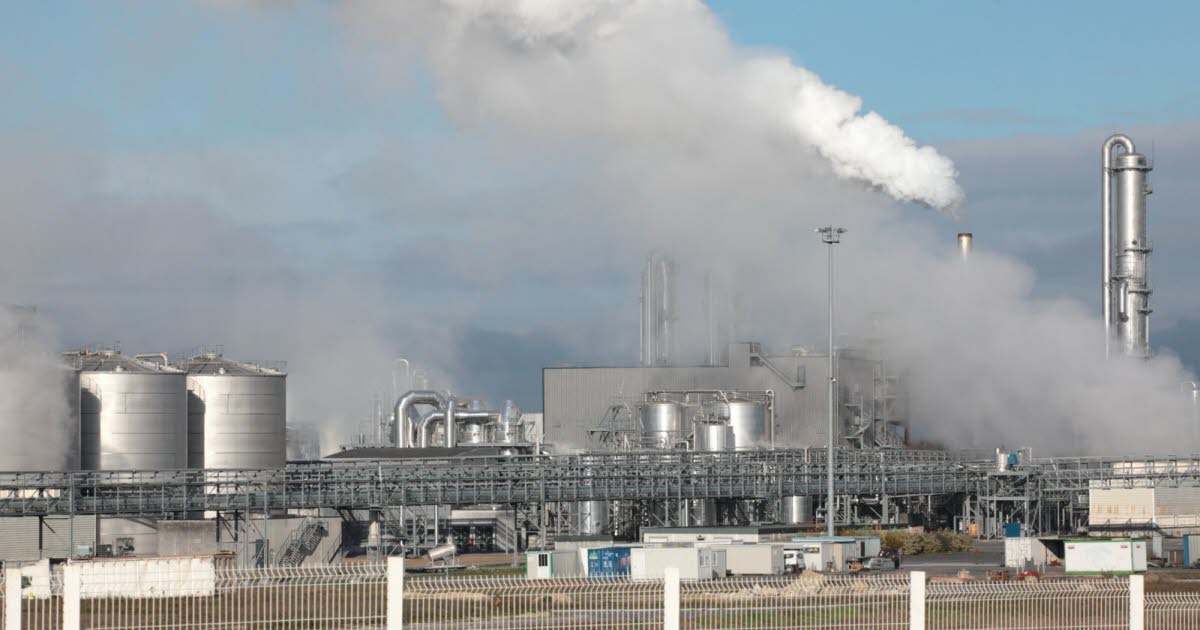French start-up Jimmy submitted the first permit application in France for a mini-nuclear reactor to the government on Monday, a move that begins an investigation process by the Nuclear Safety Authority (ASN), the company announced on Monday.
If the dossier passes all stages of investigation and approval, the 10-megawatt mini-reactor could be directly connected to sugar group Cristal Union/Cristanol’s industrial complex in Bazancourt (Marne), which produces alcohol and bioethanol.
Providing carbon-free heat
The reactor is a type of nuclear-fueled boiler that aims to “provide carbon-free heat” (steam) to industry by “replacing gas burners” that release greenhouse gases into the atmosphere, the company explained in a press release.
“The generators designed by Jimmy with a 20-year lifespan are part of the energy mix complementing large and medium-sized nuclear reactors and renewable energy sources,” she added. Its well-known technology is based on high-temperature helium-cooled reactors.
The project is the first to be the subject of a “build-up permit application file,” among ten small modular reactor (PRM or SMR) projects currently being monitored by France’s nuclear police, ASN, according to the agency.
According to the company, the file was submitted to the Ministry for the Ecological Transitional Situation on Monday, which will then have to refer the matter to ASN. Contacted by AFP, the ministry confirmed receipt of the request.
“The security office is waiting for the referral to the ministry,” said the ASN spokesman. The teaching phase can last at least three years. “In particular, this will allow all stakeholders to comment on the project, as well as launch an environmental study and public poll,” Jimmy adds in his press release.
An industry dependent on fossil fuels
Smaller, less powerful than their big brothers in the historic nuclear fleet, SMRs must be able to generate electricity but also provide heat to heavy industry (glass, chemical, steel, etc.) that is today very dependent on “fossil fuels”.
ASN promises to be “much more challenging” with these new objects to be mass-produced and deployed in numbers to be economically profitable.
In addition to Jimmy, other projects such as the Calogena boiler or the SMR operated by EDF subsidiary Nuward, which hopes to start the “first concrete” of the series head in 2030, are also targeting the end of 2026 at their request.
In total, more than 80 projects of varying maturity have been identified worldwide. So far, only two countries have announced that they have put them into operation: Russia (two SMRs aboard a boat) and China (also two units), according to a 2023 report on the state of the nuclear industry by independent experts.

